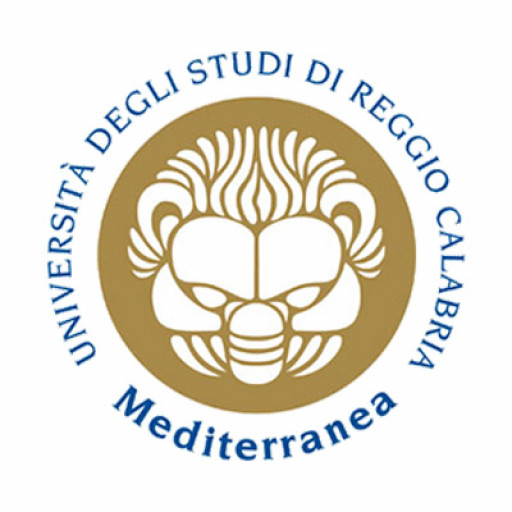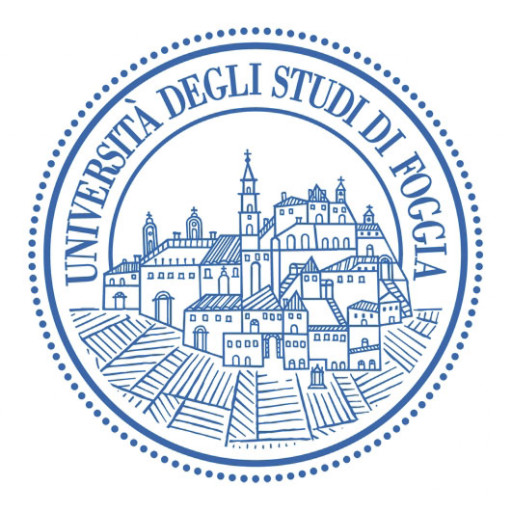Photos of university / #dmuleicester
Microelectronics and Nanotechnologies (MEANT) at De Montfort University is a cutting-edge undergraduate programme designed to equip students with comprehensive knowledge and practical skills in the rapidly evolving fields of microelectronics and nanotechnology. This course offers a rigorous curriculum that covers fundamental principles of electronic engineering, semiconductor devices, integrated circuit design, and advanced nanofabrication techniques. Students will explore the physics underpinning electronic components and systems, gaining hands-on experience through laboratory work, design projects, and industry placements. The programme aims to develop not only technical expertise but also critical thinking, problem-solving capabilities, and innovative approaches required for careers in electronics, microfabrication, nanotechnology, and related sectors.
Throughout the course, students will study core modules such as Digital Electronics, Analog Electronics, Semiconductor Devices, Nanomaterials, and Microsystems Manufacturing. These modules are complemented by opportunities to engage with emerging topics like quantum computing, flexible electronics, and nanoengineering. The programme emphasizes practical learning via state-of-the-art laboratories equipped with industry-standard tools and equipment, ensuring graduates are well-prepared for real-world challenges. Additionally, students benefit from collaboration with industry partners, guest lectures from professionals, and options for work placements that enhance employability and industry readiness.
De Montfort University’s focus on providing an applied and innovative education ensures graduates are capable of contributing to the development of next-generation electronic devices and nanotechnologies. A strong theoretical foundation combined with practical experience enables students to pursue careers in electronics manufacturing, research and development, nanotechnology startups, and technological innovation sectors across various industries. The programme also provides pathways for postgraduate study and research, fostering continuous professional development. By choosing this programme, students become part of a dynamic learning environment committed to advancing electronic and nanotechnological innovation, positioning themselves at the forefront of technological progress and industry needs.
The Bachelor of Science (BSc) in Micro Electronics and Nano Technologies (MEANT) at De Montfort University offers students an in-depth understanding of the principles and applications of microelectronics and nanotechnology. This innovative program is designed to equip students with the essential knowledge and practical skills required to excel in rapidly advancing fields that underpin modern electronic devices and systems. Throughout the course, students will explore the fundamental physics and engineering concepts behind miniaturized electronic components, fabrications processes at the nanoscale, and cutting-edge technological developments. The curriculum covers a broad range of topics including semiconductor device physics, integrated circuit design, nano fabrication techniques, and advanced materials used in electronics. Students will also delve into digital and analogue electronics, signal processing, and the emerging realm of quantum electronics, preparing them for diverse careers in industry, research, and development.
The program emphasizes practical learning through laboratory work, project-based assignments, and industry placements, ensuring that students gain real-world experience and develop problem-solving skills essential for innovation. Modules are designed to foster critical thinking and creativity, encouraging students to explore novel solutions to contemporary technological challenges. De Montfort University’s state-of-the-art facilities provide access to advanced laboratories and equipment, supporting hands-on learning and experimentation at both micro and nanoscale levels. The program also incorporates theoretical foundations in physics, materials science, and electronic engineering, enabling students to understand and contribute to the development of next-generation electronic devices.
Graduates of the MEANT program will be well-prepared to pursue diverse career pathways in sectors such as semiconductor manufacturing, wearable electronics, telecommunications, aerospace, and biomedical devices. They will have a solid understanding of the design, fabrication, and testing processes involved in electronic and nano-electronic systems. Additionally, the program offers pathways for further study, including postgraduate research or professional development in related fields. The interdisciplinary nature of this course reflects the dynamic landscape of modern electronics, making it an ideal choice for students interested in both theoretical foundations and practical applications of microelectronics and nanotechnology.
Applicants should possess a strong academic background in science or engineering disciplines, preferably with A-levels or equivalent qualifications in Mathematics, Physics, and Electronics. Prior experience or coursework in microelectronics, nanotechnology, or related fields is considered advantageous. Applicants are expected to demonstrate a solid understanding of fundamental principles in physics and electronics, including semiconductor physics, circuit design, and materials science. Proficiency in mathematics, particularly calculus and algebra, is essential for success in this program. Additionally, applicants should have analytical skills and the ability to undertake laboratory work and practical experiments with precision and attention to detail. While specific work experience in the microelectronics or nanotechnology sectors is not mandatory, it can strengthen an application. Proficiency in English is required, with non-native speakers needing to meet the university's language proficiency standards, such as IELTS or equivalent. The university may also consider applicants with relevant industry experience or prior study in similar fields. An interview process may be part of the admissions procedure to assess motivation, communication skills, and suitability for the course. The program aims to attract students with a keen interest in the development and application of microelectronics and nanotechnologies, and as such, strong motivation and a clear understanding of career goals in related industries are valued. Submissions should include academic transcripts, a personal statement outlining the applicant’s interest in the field and career aspirations, and references or letters of recommendation if available. The program is designed to provide a comprehensive grounding in both theoretical and practical aspects of microelectronics and nanotechnologies, preparing students for careers in research, development, or industry sectors focused on advanced electronic devices and nanoscale materials.
Funding options for the Micro Electronics and Nano Technologies (MEANT) program at De Montfort University are diverse and designed to support both domestic and international students in financing their studies. UK-based students may be eligible for undergraduate student loans provided by the UK government, which can cover tuition fees and contribute towards living costs, and students are encouraged to apply through the Student Loans Company. Additionally, scholarship opportunities are available for high-achieving applicants, including the DMU Excellence Scholarships, which offer financial awards to outstanding students based on academic merit. International students may explore scholarships offered specifically for non-UK residents, as well as external funding opportunities such as government grants and private awards. The university also provides guidance on other financial aid options, including part-time work opportunities on or near campus, which can help students manage their expenses while studying. For students requiring additional support, De Montfort University offers bursaries and hardship funds to assist those facing financial difficulties, ensuring that all admitted students have a fair chance to succeed in their studies without financial burden. Costs associated with the program include tuition fees, which vary depending on the student's residency status and specific year of study, as well as accommodation, supplies, and personal expenses. The university encourages early application for funding and advises students to consult the dedicated financial support webpage for detailed eligibility criteria and application procedures. To facilitate planning, students can access calculators and financial advice services to estimate total costs and plan budgets effectively. Overall, De Montfort University aims to make education accessible through a combination of government loans, university scholarships, external funding, and supportive measures, thereby enabling students to focus on their academic and career development in Micro Electronics and Nano Technologies.
The BSc Micro Electronics and Nano Technologies (MEANT) programme at De Montfort University is designed to equip students with a comprehensive understanding of the fundamental principles and advanced techniques in the rapidly evolving fields of microelectronics and nanotechnology. This course aims to develop students' knowledge in designing, manufacturing, and testing micro and nano-scale electronic devices, which are essential components in modern electronic systems. The curriculum integrates core topics such as semiconductor physics, circuit design, nanofabrication techniques, and the application of nanomaterials, providing a multidisciplinary approach that encompasses physics, engineering, and materials science.
Throughout the programme, students have the opportunity to engage in practical laboratory work, projects, and industry-related experiences to build their technical skills and understanding of real-world applications. The programme emphasizes innovation, research, and development, preparing graduates for careers in cutting-edge industries such as consumer electronics, telecommunications, medical devices, and research laboratories. It also offers pathways for postgraduate studies or research roles in academia or industry.
De Montfort University’s facilities support this programme with state-of-the-art laboratories and equipment, ensuring students gain hands-on experience with the latest technologies and instrumentation used in microelectronics and nanotechnology research and production. The course modules are carefully designed to meet the demands of the industry, covering topics such as integrated circuit design, nano-fabrication, embedded systems, and electronic packaging.
Students on this programme are also encouraged to develop soft skills like teamwork, project management, and communication, vital for professional success. The programme aligns with industry standards and includes guest lectures, industry visits, and collaboration projects with electronics firms and research institutions. Graduates from the programme will be well-prepared to pursue employment opportunities in high-tech sectors, microengineering companies, or continue their education with postgraduate research degrees. Overall, the BSc Micro Electronics and Nano Technologies at De Montfort University provides a balanced and comprehensive education, fostering innovation, technical expertise, and a competitive edge in the global electronics industry.










